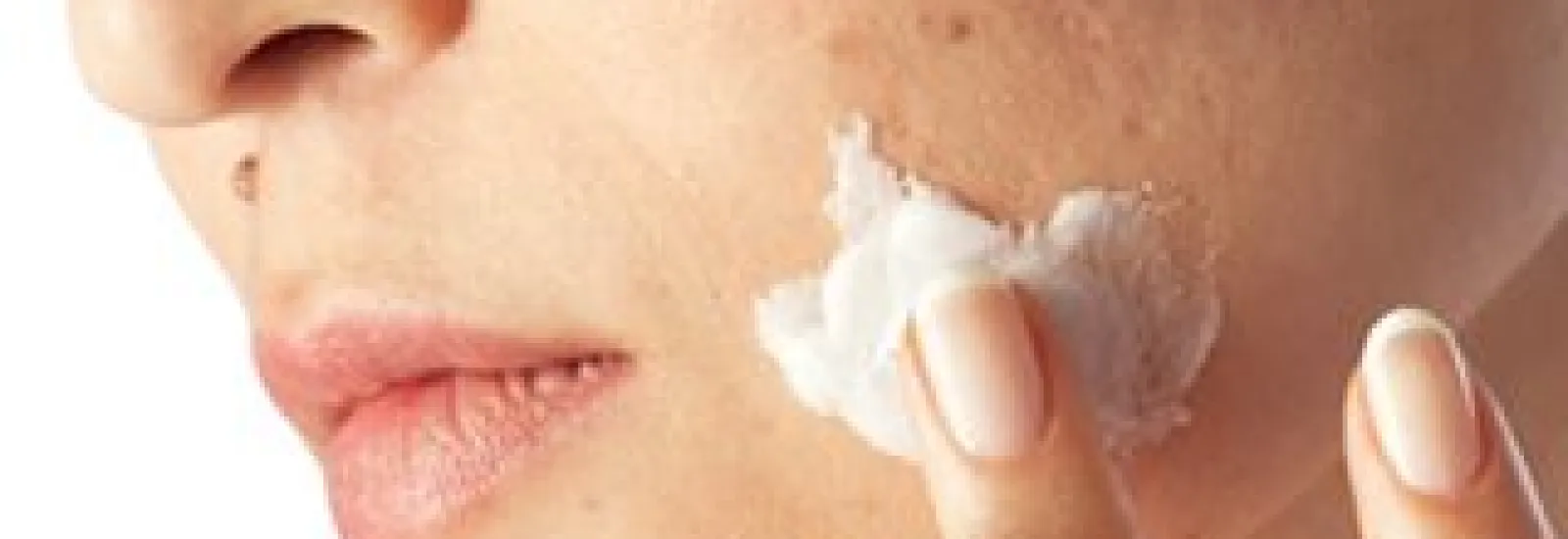
Your quick guide to treating dry skin
Did you know your skin is your body's largest organ?
Your skin insulates you from extreme temperatures, helps you stay hydrated, and protects vital organs. But irritation, dryness, and damage all decrease your skin's ability to function properly. That's why preventing and treating dry skin are important parts of maintaining your health. Here are a few tips on what causes dryness, how to treat it, and when to see a doctor.
What causes dry skin?

- Dehydration: When you're losing more fluid than you're putting in your body, you become dehydrated. Even mild dehydration can cause dry skin.
- Allergies: Food allergies and skin allergies can both lead to irritation, eczema, and dry skin.
- Acne medications lotions and soaps: Your skin is a sensitive protective barrier and harsh chemicals can dry it out.
- Hot water: Showering or washing your hands with very hot water can disturb protective skin layers, which can lead to dryness.
- Sunburn: Too much time in the sun without sun protection can cause sunburns blisters and dry skin.
- Winter weather: During the winter, cold air, low humidity, and harsh weather can all contribute to dry, flaky, and itchy skin.
Tips for treating dry skin
Hydrated skin is healthy skin. To keep your body's protective barrier in top shape, follow these tips:
- Drink plenty of water. The Mayo Clinic suggested men should drink about 3.7 liters — and women should drink about 2.7 liters — of water every day.
- Use gentle soaps and cold or warm (not hot) water to wash. When treating dry skin, wash with cooler water to avoid irritation.
- Wear sunscreen and sun protection. Sunburns can happen in all seasons, even winter. To keep your skin healthy and hydrated, wear protective clothing or sunscreen.
- Use lotions and take vitamins to promote hydration. Harvard Health Publishing noted there are several vitamins that help to keep your skin healthy. Options include retinoids (vitamin A), B vitamins, and sulfur. The American Academy of Dermatology added applying lotion after washing is an important part of treating and preventing dry skin.
- Take extra steps when treating dry skin during wintertime. Combat cold, dry air by covering your skin when you're outside. When you're at home, a humidifier can help add moisture to the air and keep your skin soft.
If you've tried treating dry skin but haven't seen improvement, you should speak with your doctor or a Reid Health dermatologist. It's also a good idea to see a medical professional if your skin is red, has open sores, or appears scaly. Chronic dry skin can signal an allergy, psoriasis, eczema, or another condition, the Mayo Clinic cautioned. Treating any underlying issue is an important part of preventing infection and staying healthy.
Image source: Flickr

